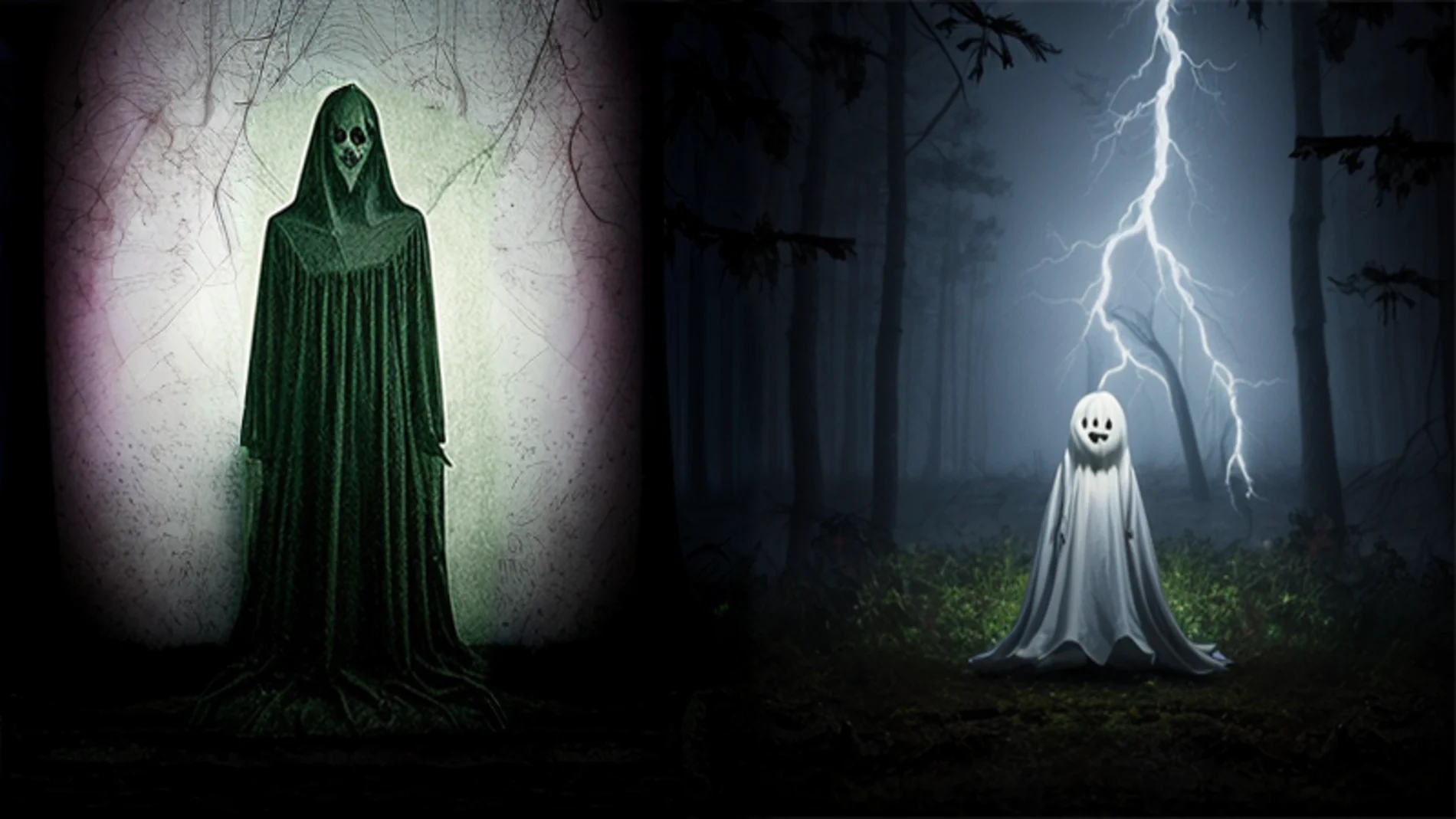In the 21st Century
In the 21st century, science has unraveled complex phenomena such as decoding the human genome, detecting gravitational waves, and even landing a rover on Mars. Yet, the enigma that remains untouched by scientific scrutiny is one that has captivated mankind for ages—are ghosts real? This article delves into the complex interplay between the scientific method and the mysterious realm of the supernatural, examining the enigmatic concept of ghosts through the lenses of skepticism, belief, and rigorous scientific inquiry.
The Limits of Scientific Methodology
Science operates under a strict framework of testability, replicability, and empirical observation. Ghosts, conversely, dwell in a domain that defies quantification and seems to linger in the abyss of the unexplained. Science thrives on data and constants, elements that can be isolated and manipulated.
However, ghost sightings and interactions are notoriously inconsistent and largely subjective. It's not just that science hasn't confirmed the existence of ghosts; it's that the methodologies available to science are largely ineffectual for investigating phenomena that are episodic and anecdotal in nature.
According to Dr. Neil deGrasse Tyson, a renowned astrophysicist and science communicator, "Extraordinary claims require extraordinary evidence" (Tyson, 2015). A shaky video or a cold breeze in an ancient mansion don't pass muster as extraordinary evidence, creating an impasse between human experience and empirical proof.
Philosophy Meets Science
Interestingly, the impasse transcends empirical methods and delves into the philosophical underpinnings of science itself. The scientific method is rooted in naturalism, the belief that everything originates from natural properties and causes. Consequently, phenomena that lie outside these parameters—like the question many wonder about, whether ghosts are real—are dismissed as unscientific.
This rigid framework can restrict the scope of scientific inquiry, making it less suited for probing questions that are, by their very nature, supernatural.
The Role of Belief and Cultural Narratives

Belief in ghosts is not just a matter of personal conviction; it's often embedded in cultural narratives and folklore. From the restless spirits in Shakespeare's plays to Asian myths of ancestral ghosts, the concept of the supernatural has been a pervasive element in human history.
According to a YouGov study from 2021, 41% of Americans believe that ghosts are real. It's worth considering— does this belief persist because science can't disprove ghosts, or is it the rich cultural tales passed down through generations that fuel this belief?
Studies have also demonstrated the power of suggestion and how cultural imprinting can shape experiences. For instance, research on psychological priming has shown that participants were more likely to report anomalous experiences in a room that was suggested to be haunted rather than in a room that was not. Here, belief systems appear to create a feedback loop of anecdotal experiences, complicating objective study.
Technological Advancements: A New Frontier or a Dead End?
The introduction of new technologies like thermal imaging cameras, electromagnetic field meters, and sophisticated audio recorders has given ghost hunters a semblance of a scientific approach. However, critics argue that these devices often measure variables such as temperature and magnetic fields, which can be influenced by multiple natural factors. Moreover, there is no peer-reviewed scientific literature that definitively associates these measurements with the presence of ghosts.
Conclusion: The Future of Ghost Research
The debate about the existence of ghosts will likely endure as long as human curiosity about the unknown continues. While science has its limitations, and cultural narratives have their biases, the real intersection of these perspectives could pave the way for a deeper understanding of not only ghosts but also the limitations of human understanding and the potential of scientific inquiry.
Until then, the elusive "ghost equation," if it exists, remains unsolved. The journey ahead may benefit from a multidisciplinary approach, combining elements of psychology, folklore, and perhaps even quantum physics, to more thoroughly explore this fascinating aspect of human curiosity.





